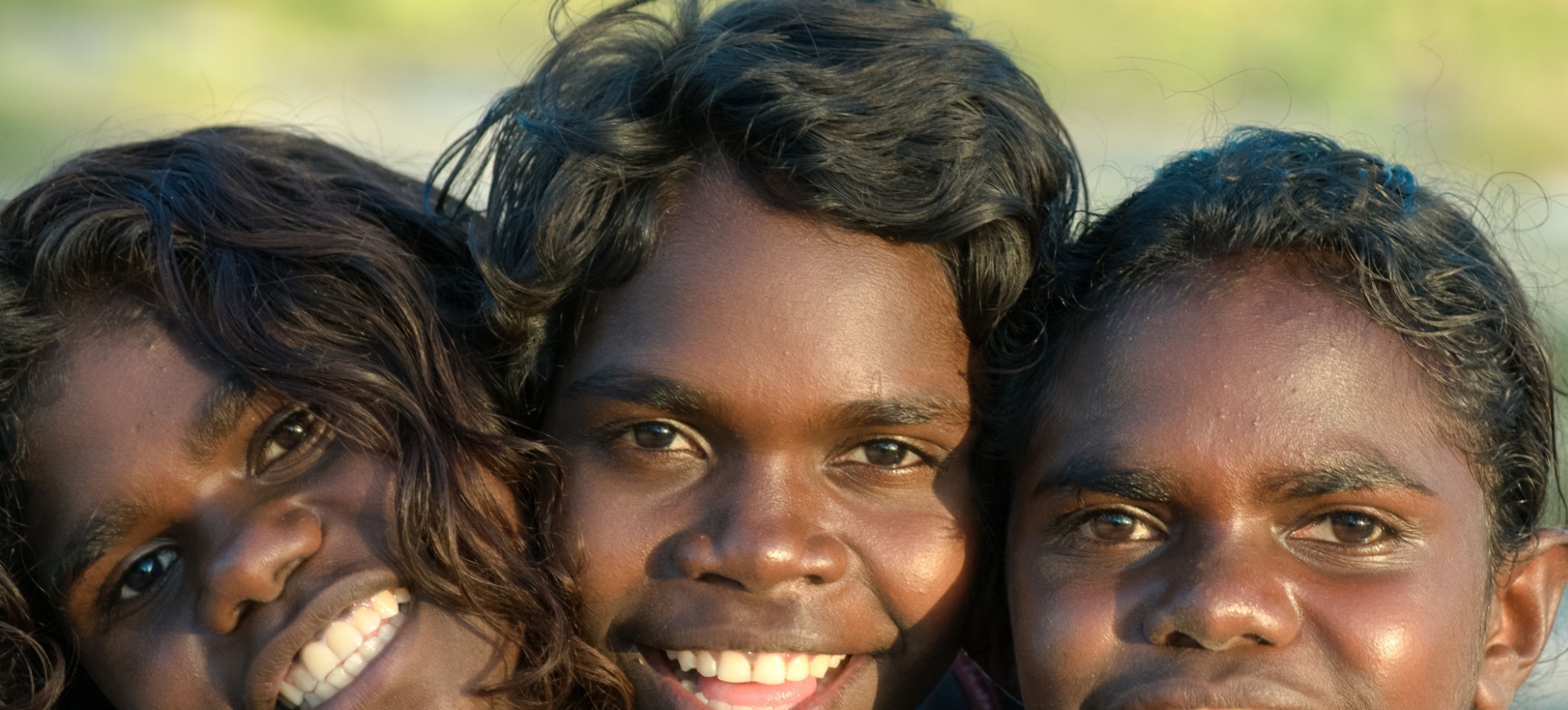Better mental health outcomes through blended knowledge systems
The ongoing disparity in health and mental health outcomes for Indigenous peoples is evidence that modern medicine has not bridged the gap required for health equity as expected – but Australia is in a unique position to combine the oldest and newest knowledge systems in the world to benefit the health of the entire country
Aboriginal culture in Australia is the oldest living culture in the world. This also means that Aboriginal peoples in Australia have the oldest continuous knowledge system in the world and that it has grown and adapted over many thousands of years. Aboriginal peoples have survived many changes to the environment as well as to their social and political systems. No other group can say they have survived an ice age and genocide. At the time of colonisation, Aboriginal peoples were found to be healthier than most Europeans. Our current ill health is not a product of our culture, lack of knowledge or systems of healing – it is a direct result of the impacts of colonisation and intergenerational trauma.
There has not been a full understanding of the magnitude of trauma that has been experienced, the nature of intergenerational trauma that is still present today or the ongoing impacts on health and well-being. Ill health in whatever form it takes cannot be viewed as a simple illness treatment transaction like most health encounters. It requires a much deeper understanding of the nature of power imbalances, inequity, barriers to access, social determinants, racism and discrimination. It also requires an understanding of the role that self-determination and sovereignty play in the lives of Aboriginal peoples.
In view of the aetiology of current illness, there is an arrogance in western health services in thinking they contain the remedies needed for healing when the services developed out of the very systems of beliefs and practices that caused our ill health historically.
The pathway to healing
Our traditional systems of health and well-being and our ways of knowing, being and doing have kept us healthy for many thousands of years and may still hold the pathway to healing. That is not to dismiss the many advances modern medicine has made but, given the continuing disparity in health and mental health outcomes for Aboriginal peoples, modern medicine has not bridged the gap required for health equity as expected.
Our systems of knowledge and healing have been developed from strong family-based relationships, are inclusive and provide a variety of physical, psychological, social, cultural and spiritual treatments. Our traditional healers are embedded in communities with great trust and reliance on their skills. From a mental health perspective, our healers hold the whole community in spirit and have sought to provide assistance where needed: this has helped everyone to feel safe and cared for. Individuals, families and communities feel comforted when their healers are close by and in true reciprocity; healers are looked after by the community. We have an extensive knowledge of medicines that includes a variety of bush medicines for common ailments still used today. Aseptic techniques have been developed for childbirth and wound care, and healthy diet and exercise have also been recognised as contributing to good health. In addition, there is no separation of mind and body – hence the prominence of social and emotional well-being as part of health. There is no single definition of health: the concept of health is holistic and incorporates multiple dimensions and connections throughout life as well as a generational understanding.
Experiential learning
Knowledge systems have also grown from the experience of living within an ecological model connecting the communities to the natural world around them. Experiential learning helps to build resilience and self-reliance over time. Learning has also occurred through storytelling, which helps to build extensive navigation systems, knowledge of country, life lessons and connections that contribute to healthy brain development and good social and emotional well-being. This style of learning has also contributed to resilience and to early autonomy. Aboriginal storytelling is based on developing understanding, rather than being instructed, and thus promotes the development of insight and problem solving.
Social systems such as kinship and skin groups ensure everyone has family and has helped to maintain a healthy genetic pool for reproduction. There has been a much broader attachment system, which provides multiple carers for children as well as Elders. It is of note that research is now finding that traditional ways of attachment and child rearing are very consistent with new recommendations for parenting. Strong social support systems are a key component in maintaining health and well-being and in recovering from illness. In addition, strong identity, purpose and meaning held within cultural belief systems promotes connection and good social and emotional well-being throughout life. Many Aboriginal programmes have been at the forefront in developing services such as comprehensive primary health care and strength-based approaches in mental health from these Aboriginal knowledge systems.
It seems sensible to learn from knowledge and wisdom that has sustained thousands of generations as well as the modern understanding of disease and treatment. In fact, Australia is in a unique position: it is the only country in the world that has the opportunity to combine the oldest and newest knowledge systems to benefit the health of the entire country. We should be world leaders in health and well-being. Instead Aboriginal communities continue to suffer disparate health and mental health outcomes. Currently we only make up about 4% of the population of Australia.
I wonder what our health services would look like if we were the 96% instead?
What will it take to develop our systems of traditional knowledge, wisdom and healing to sit alongside modern medicine? Perhaps the broader socio-political issues that we continue to face as Aboriginal peoples in Australia are still contributing to our ill health and create barriers to innovative models of care. Perhaps the only real way forward is to understand the potential for healing from the Uluru Statement from the heart.












